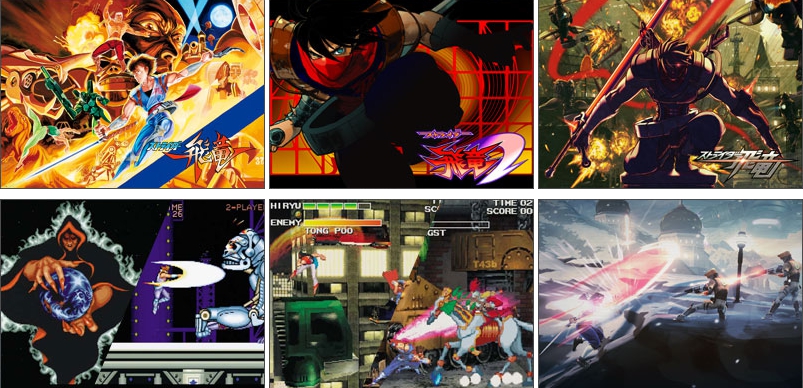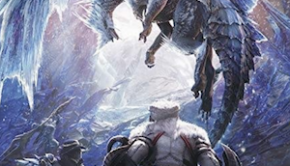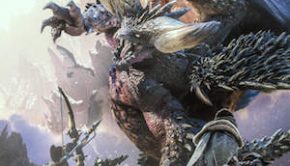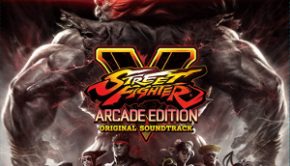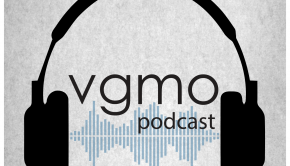Strider HD Developer Diary
Article Written by Composer Michael John Mollo
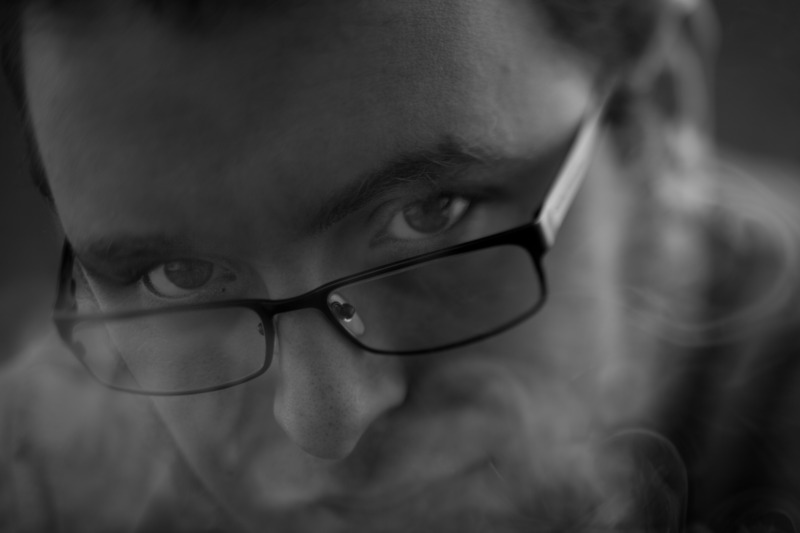
It’s 1989. I’m the chunky little kid on Prospect Avenue playing my NES, air conditioner blasting inside on a sunny summer day. The family’s here. Some friends too. We’re playing my new game Strider and Nanny is downstairs over a pot of her famous Sunday ravioli and sauce. Sitting in my room mashing buttons, the music is in the game is killer. All five senses working overtime, I’m eight years old and my world is near perfect.
I was definitely a gamer as a kid. I lost weeks to the‘Legend of Kage, Excitebike and Double Dragon. There were days I didn’t see the sun thanks to Sonic the Hedgehog. and BattleToads. And I’m fairly certain I spent the equivalent of a semester of college tuition pumping quarters into Street Fighter II at the tiny arcade in the mall. I played with a passion and I remember that time incredibly fondly. Life was simple then. That was my youth.
My teenage years threw me for a loop. We left Nanny and urban New York and settled in rural Pennsylvania. The parents decided to split and slowly youth began to escape me. I stopped gaming almost altogether except for the occasional Mario Kart or NHL 96 marathon. Luckily, I fell head first into music. And thus began the journey down the rabbit hole.
I was still aware of games through high school and college. And I’d occasionally jump on a friends Nintendo 64 but the experience never captured me the way the 3rd and 4th gen consoles did. I didn’t start thinking seriously about games again until 2007 when I was enrolled as a postgrad at USC studying music for film and television. We had a music for video games class and sitting in the back during the lecture one day, I began remember how much I played as a kid. That dredged up all kinds of things I had locked away. I had been a long time since I had thought about that part of my childhood. So much had changed. I was married now, ready to have kids of my own. I started to get that real feeling of nostalgia. It was kind of cool.
A few years after graduation, I was working on the prologue trailer for Star Trek: Into Darkness with composer Michael Giacchino. Towards the end of the gig, I got an email from Michael asking if I was interested in working on a small game for a friend of his. Of course I said “absolutely”. But it had been a while since I really lost myself in a game, so the concept frightened me a bit. I’d been writing film music long enough to feel comfortable with most gigs but the only game work I had done had been just a few cues here and there to support other guys. But I thought “what the hell, may as well give it a shot”. A couple of emails and an NDA later and I found myself on the phone with Patrick Gilmore, Studio Head at Double Helix Games. He told me the project was an older Capcom property that they were in the process of rebooting and they asked if I had ever heard of Strider.
Now at this point weird things started happening. More memories of my childhood came raging back. Things I hadn’t thought of in years. I was eight years old again. I could feel the rectangular controller in my hand. I could hear the chip tunes pulsing in my ears. I was back in my tiny bedroom in New York and it was wonderful.
I sat down with Patrick and Tony Barnes the Design Director for Strider, and they explained their global approach to remaking the game. Tony is a HUGE Strider fan and the whole team wanted to retain as much of the original games as they possibly could. They spent a crazy amount of time reading fan sites and gathering information from the community. The main goal with rebooting Strider was to treat the game with a deep sense of reverence but also translate the game to the modern gaming audience.
Ahead of this first meeting, I had sent over an mp3 reel full of epic modern orchestral music. I thought, “OK, this is a fighting game, I need to show them I can pummel them with action”. Clearly that was not the direction we were going in. The team and I spent a good deal of time listening back through the original Strider catalog and we talked a lot about the old tunes. What was it that made them so nostalgic? For me it was the combination of the frenetic percussion, advanced harmonic progressions and instantly recognizable tunes. These basic musical principles were the signature and if I was going to contribute in any way to this game, I knew I was going to have to somehow harness these elements. My music would need to live harmoniously right with Junko Tamiya’s original tracks. If I did my job, perhaps one day my music would have the same effect on some young kid the way the original Strider had for me.
It’s 2014. 25 years later and I’m still the chunky kid (but hey, I’m working on it). Nanny passed last year but my two little girls and I have a pot of her famous sauce coming together in the kitchen. I ditched the NES for a shiny PS4. After dinner, a bath and some books, I’ll put the little ones to sleep and resume my Strider HD game. The smell in the house, the button mashing, the red scarf, it all comes right back. I’m thirty-four and although I’ve grown up enough to know the world isn’t perfect, as I settle in for another round of cypher hack and slash, I’m reminded just how lucky I am to have been a part of this game.
This, for me, is nostalgia.
Posted on April 26, 2014 by Chris Greening. Last modified on April 26, 2014.

